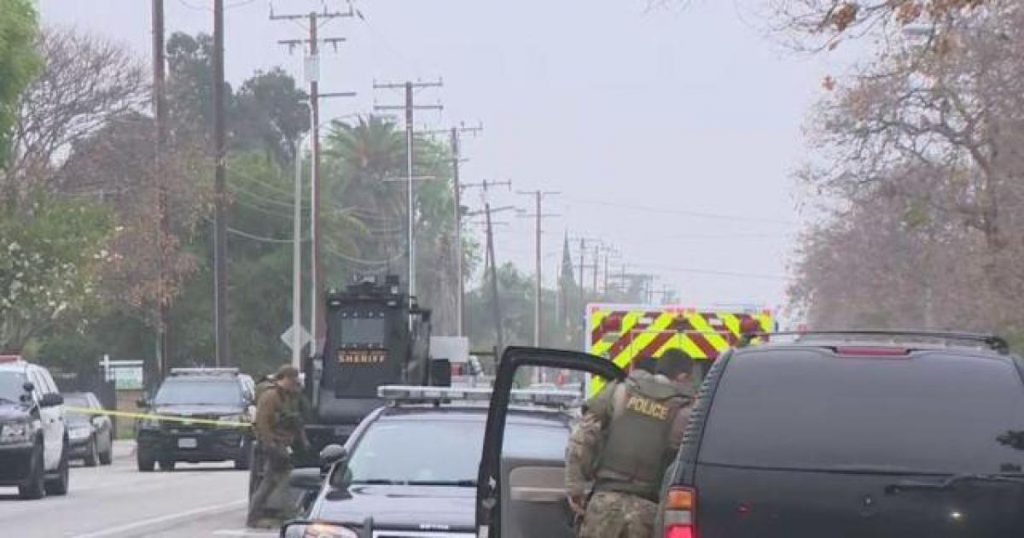
My most memorable interview in just shy of a decade of journalism involved a frank conversation I had back in 2015 with the founder of one of the largest health-technology companies in America.
That was Neal Patterson, the former CEO of Cerner, who passed away in 2017 from cancer.
Patterson had planned to retire for years, but he stayed on to fix one of the most pervasive problems in health care. He told me he had been inspired by the experiences of his wife Jeanne, who was in treatment for late-stage breast cancer.
Jeanne had to bring printed copies of her medical records to every specialist she saw,because this information couldn’t be shared electronically. Jeanne also passed away in 2017, just two months after her husband.
The experience was particularly challenging for both of them, given that Neil had spent his career building an electronic medical record company to solve these very problems. Cerner is now valued at more than $20 billion.
He was a caregiver, as well as an executive, and in that moment Patterson shared feelings of regret. He wished that he could have done more about it. “The paradox is that I am one of the few people that should be able to fix this,” he told me. “I’m frustrated that we’re not moving faster.”
To his credit, Patterson dedicated his remaining years to trying to fix the interoperability problem by starting a group dedicated to improving access to health care data.
But the situation persists. Patients today are still struggling to access their medical records, leading to all kinds of unnecessary medical errors, duplicate tests, and other added costs.
At a conference called HIMSS earlier this week, tens of thousands of health executives converged in Las Vegas to talk about fixing this very thing.
But it all felt a little shallow. With few exceptions — one being Medicare chief Seema Verma, who shared that her husband couldn’t access his own records after a cardiac arrest — there was very little recognition of the human cost of this problem.
And that’s a shame, as health care is unique in a number of ways.
Yes, it’s complicated, it’s highly regulated, and there aretrillions of dollars to be made.
But it’s also unavoidable. All of us will be patients, or at least caregivers, at some point in our lives.
That means even the wealthiest and most powerful among us will need to grapple with the health care system as it is today. As notable venture capitalist George Zachary put it months after his cancer scare, “my experience as a patient was insane.”
It is unacceptable that a hospital in 2018 can’t send an X-ray from one facility to another, without asking a patient to physically carry over a CD-Rom or a USB drive. Even drug dealers have moved on from using faxes and pagers. And in every other industry from retail to banking, systems connect.
But there’s a light at the end of the tunnel. Technology companies are rallying around the issue.
Apple is trying to fix the problem with its medical record beta, although it’s currently limited to about a dozen medical institutions that have signed up. Google has its own set of tools geared to health providers. And all the major medical record vendors are starting to open up and align themselves with more open standards.
But if we’re going to finally crack this issue after more than a decade of efforts, we’re going to have to focus on what it means to be a patient. And think about how we can do better before it’s too late.
Before he died, Patterson shared an intimate video with his entire staff. It was his wife, Jeanne, showing him the paper bags she was using to carry her medical records before an appointment. Instead of focusing on getting better, she had to spend a good chunk of time putting in requests at every institution for her information, paying fees, and printing it all out.
As she candidly, and aptly put it, “It’s the noise in the health care system that will drag you down,” she said. “That’s what I call the train wreck.”

